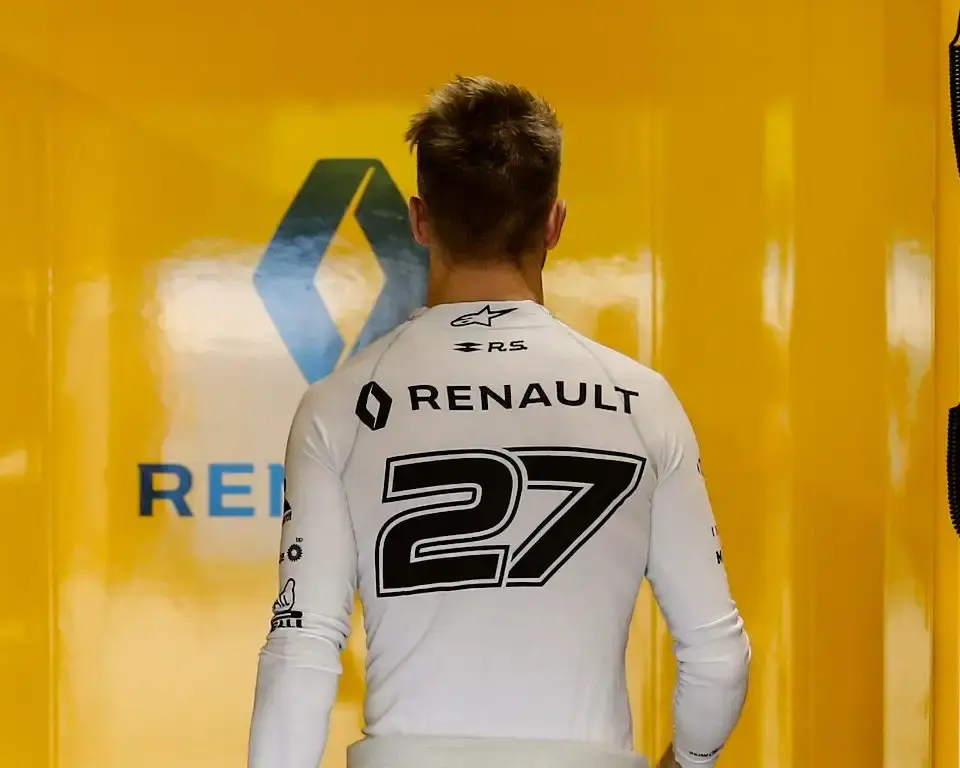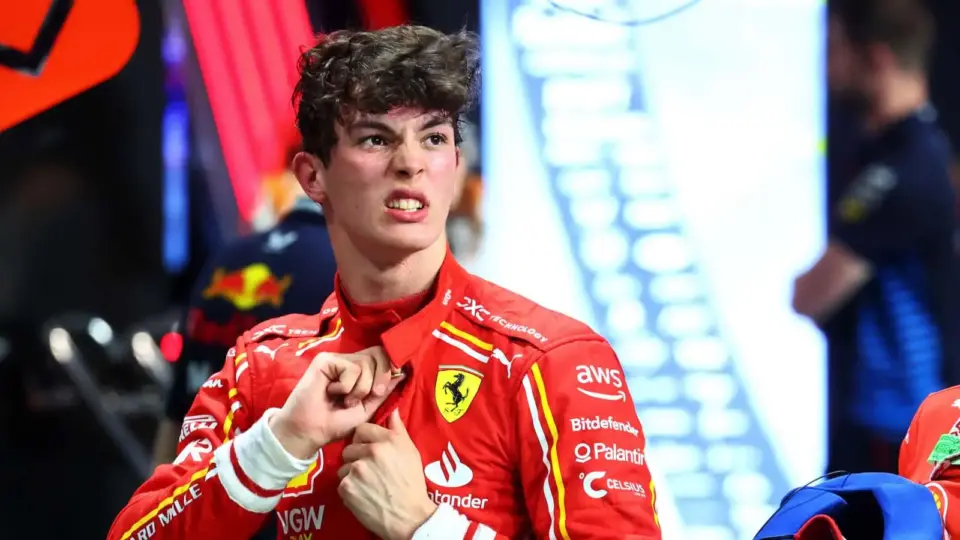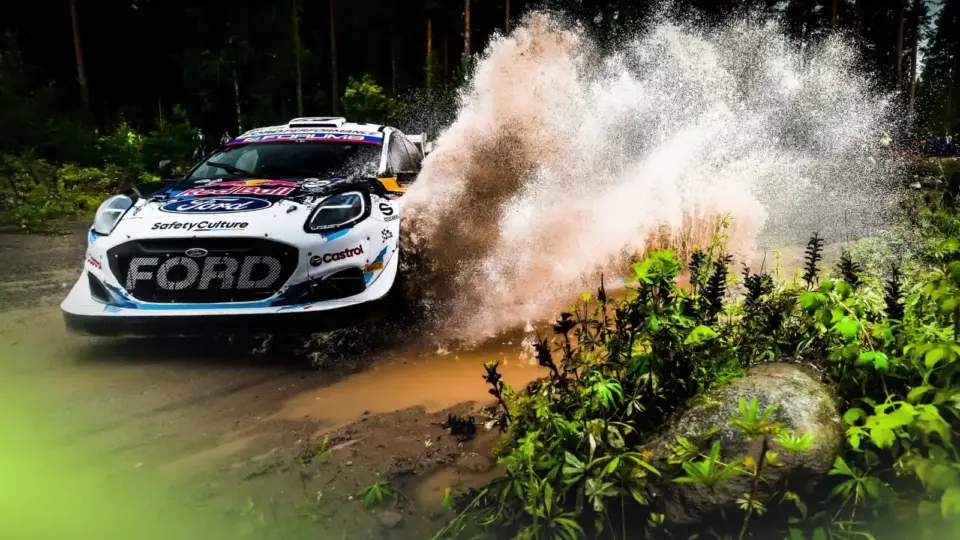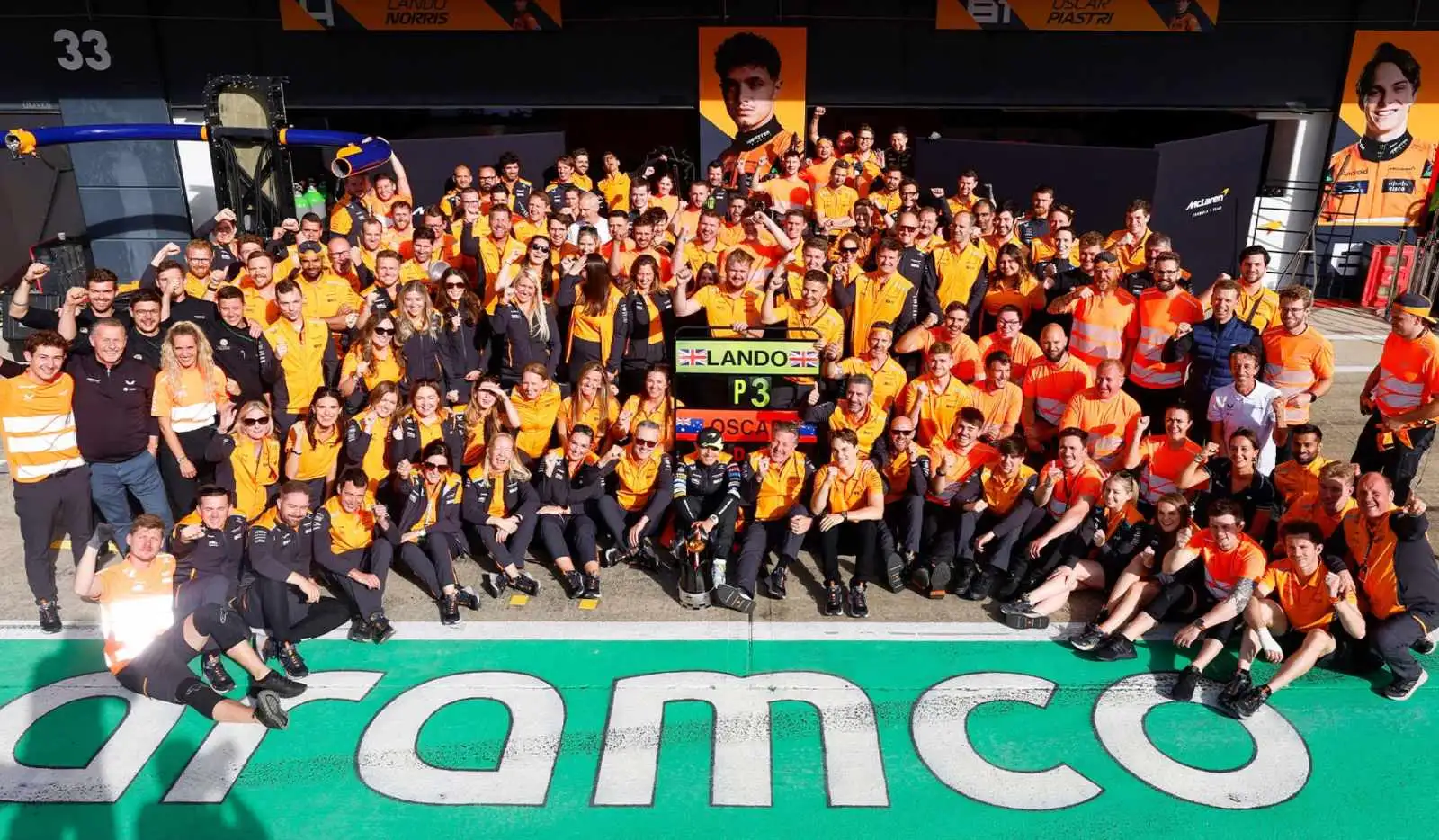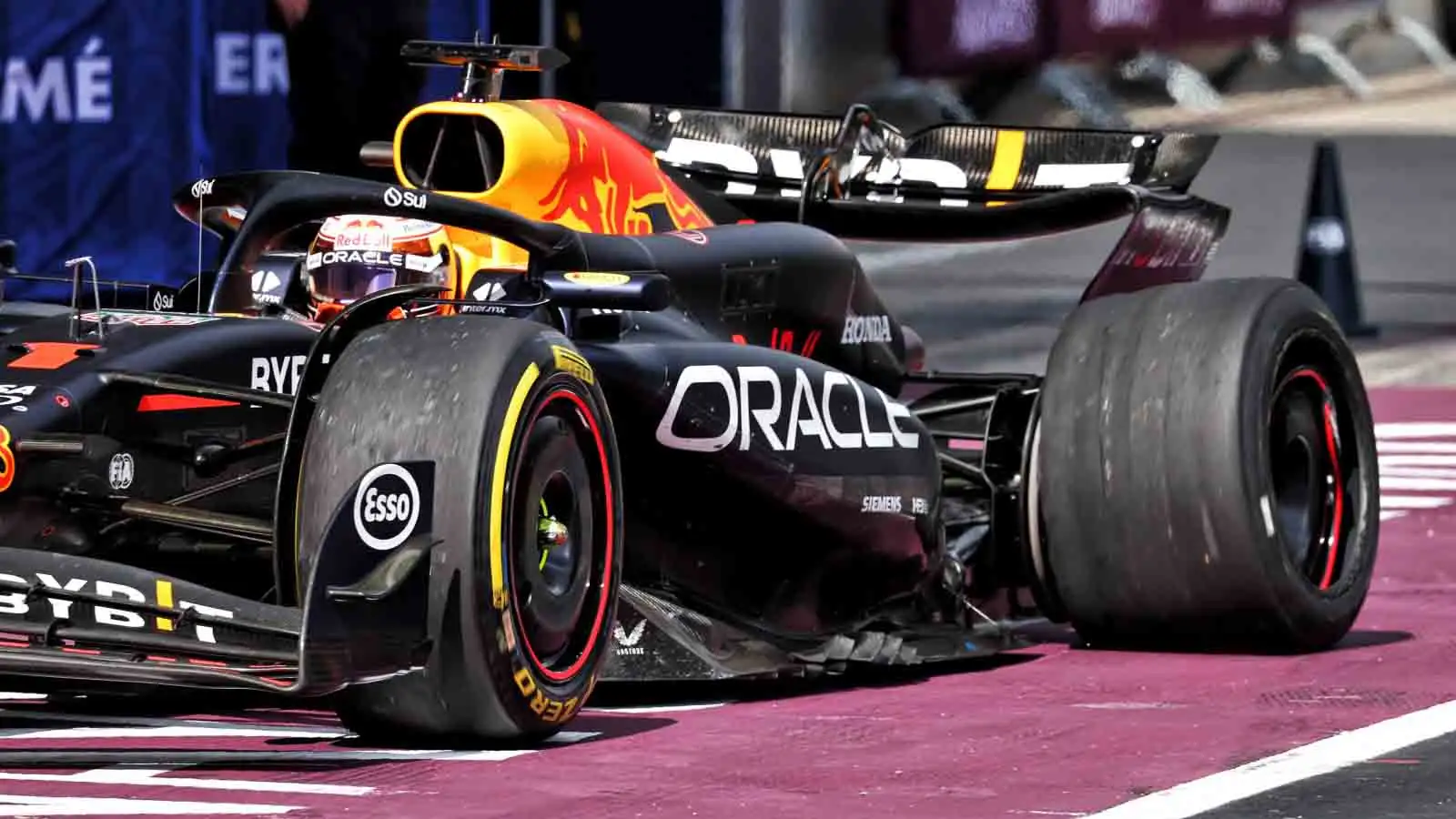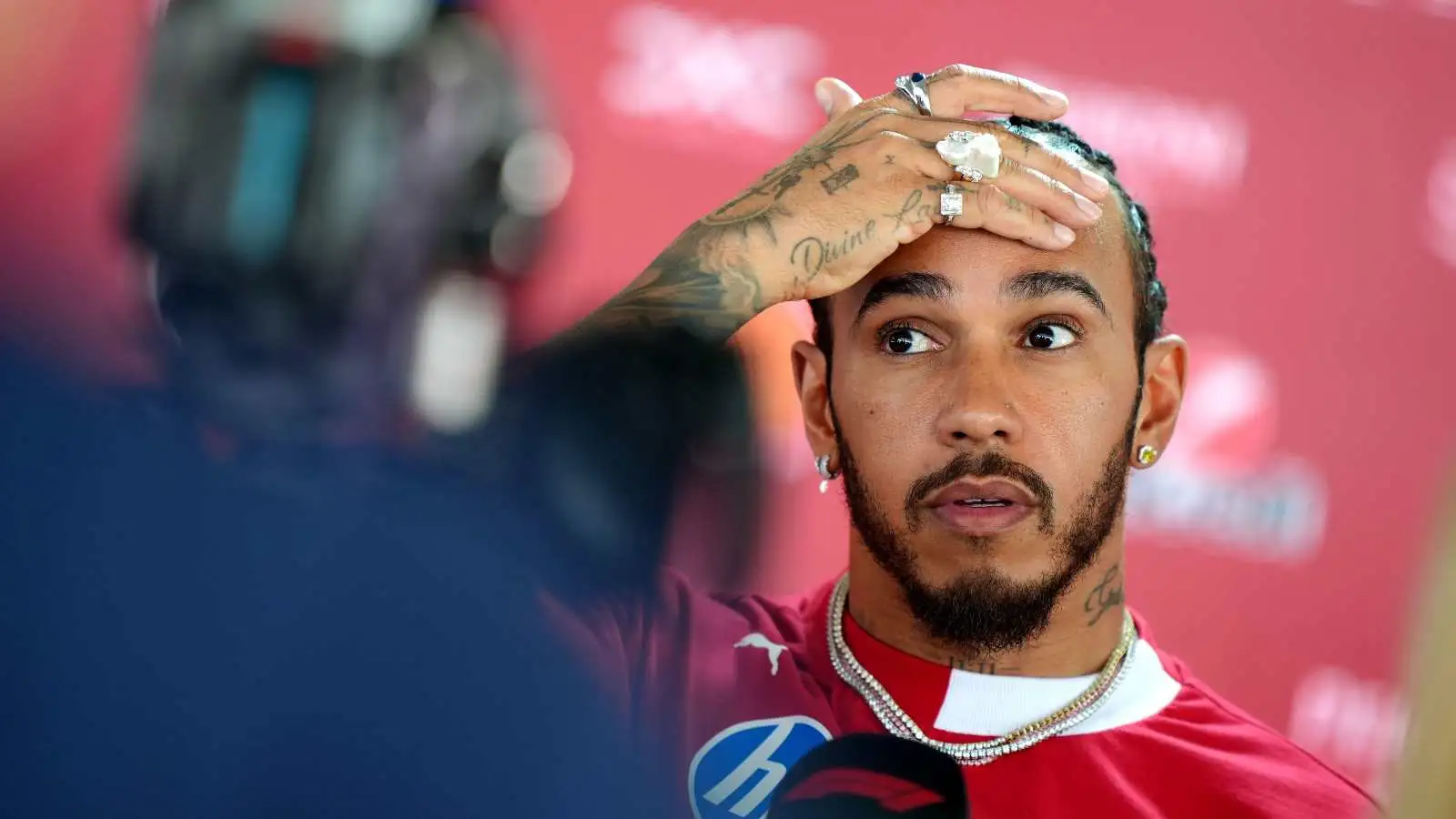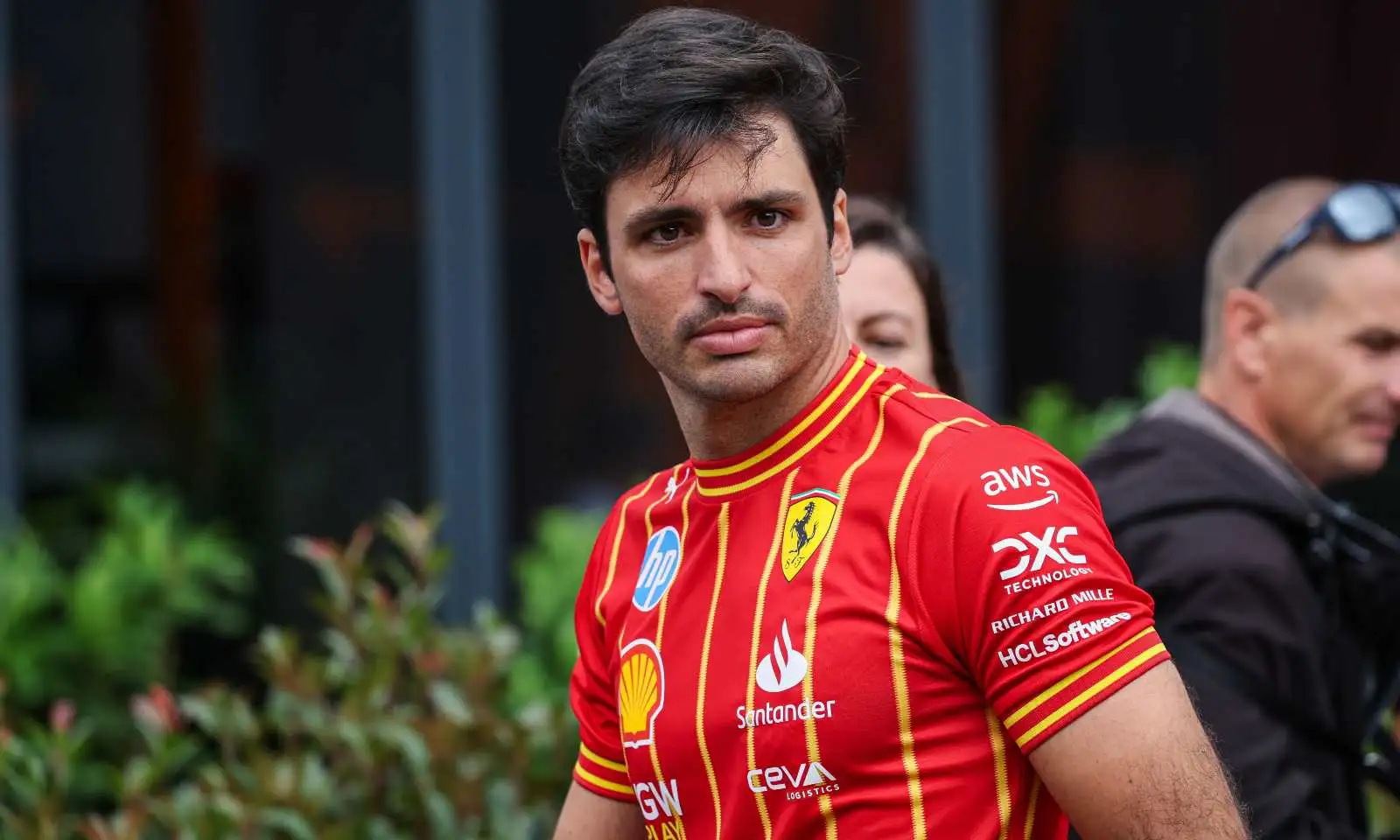Nico Hulkenberg’s tenure at Renault took a dramatic turn when Daniel Ricciardo joined the team in 2019, altering the dynamics significantly.
- Hulkenberg transitioned to Renault from Force India in 2017 and initially outperformed teammate Jolyon Palmer, leading to Palmer’s replacement by Carlos Sainz.
- Despite maintaining a lead over Sainz in 2018, the arrival of Ricciardo in 2019 shifted the team’s focus, with Hulkenberg feeling sidelined by management decisions.
- Hulkenberg cited a key incident at the Canadian Grand Prix where he was instructed not to overtake Ricciardo, which he felt was a turning point.
- After departing Renault at the end of the 2019 season, Hulkenberg returned to F1 with Haas in 2023, while former Renault boss Cyril Abiteboul moved to Hyundai.
Nico Hulkenberg’s journey with Renault began in 2017 after moving from Force India. He quickly established himself as the team’s lead driver, outperforming Jolyon Palmer. This led to Palmer being replaced by Carlos Sainz. Even in 2018, Hulkenberg continued to excel, scoring 69 points compared to Sainz’s 53 points.
However, things took a turn when Renault signed Daniel Ricciardo in 2019. Hulkenberg found himself no longer the focal point of the team and believed several strategic decisions went against him. He specifically mentioned how management’s decisions did not favor him, especially when Ricciardo became a high-profile recruit.
A critical moment in Hulkenberg’s Renault career occurred at the 2019 Canadian Grand Prix. Despite racing for a mere sixth place, he was ordered not to attack Ricciardo. Hulkenberg recalled, “That was one of the turning points. I had much fresher tires and could have overtaken him without the slightest risk. It was an absurd explanation.” This decision, along with the management’s support dwindling in the latter half of the season, significantly affected him.
By the end of 2019, Hulkenberg left Renault and took a three-year hiatus from Formula 1. He returned to the sport full-time with Haas in 2023. On the other hand, Cyril Abiteboul, who was partly responsible for the decisions Hulkenberg criticized, departed Renault at the end of 2020 and joined Hyundai’s World Rally Championship team. Reflecting on this, Hulkenberg found some satisfaction noting that while he returned to F1, Abiteboul did not.
Interestingly, Hulkenberg was initially brought to Renault by Fred Vasseur, who had managed him during his successful GP2 season with ART Grand Prix in 2009. Vasseur’s departure due to internal issues with Abiteboul marked another shift in Hulkenberg’s journey. “It’s funny that, five years later, he’s no longer here. I left too, but I came back and I’m still here. That means something,” Hulkenberg remarked.
Hulkenberg’s reflections underscore the impact of strategic decisions on a driver’s career in Formula 1.
